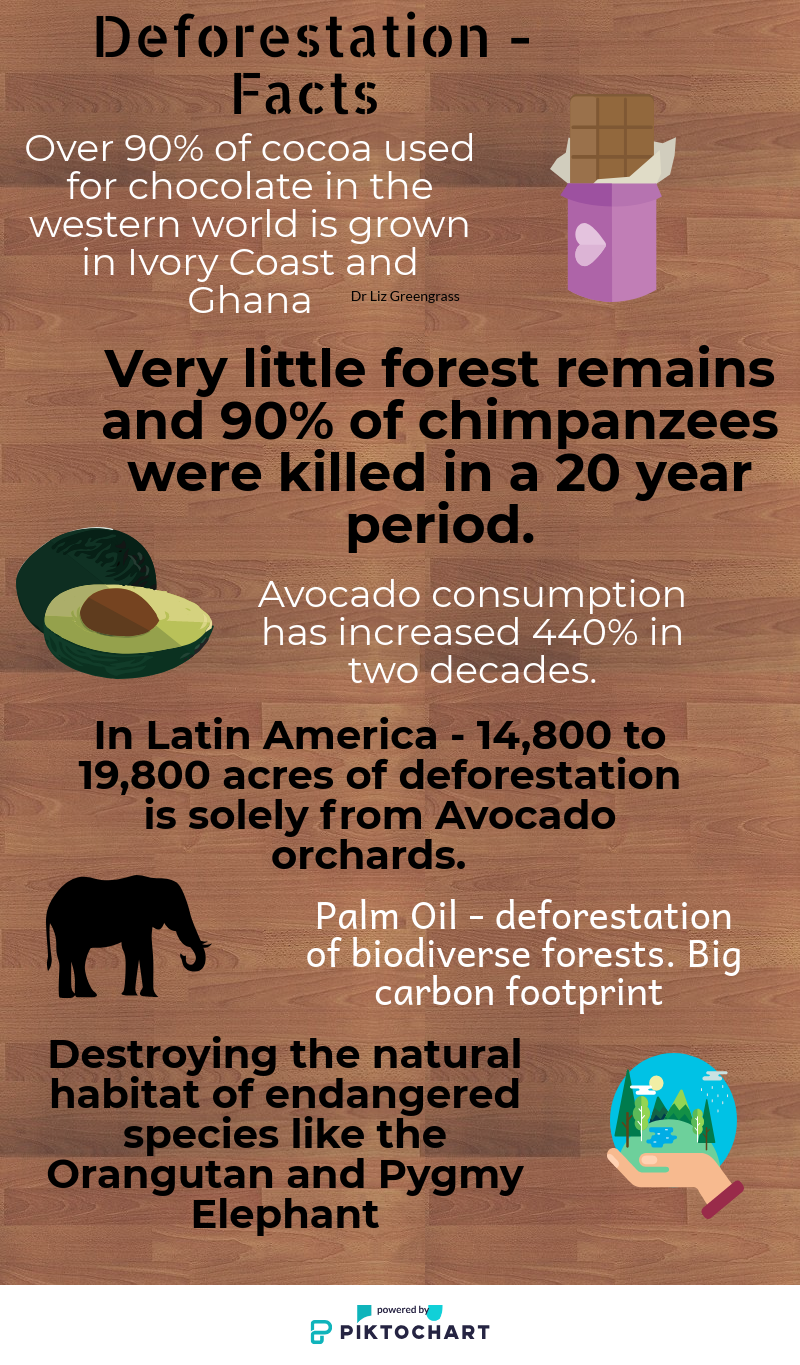One too many born every minute?
Can the Earth possibly hold any more people?
by Lauren Kennedy
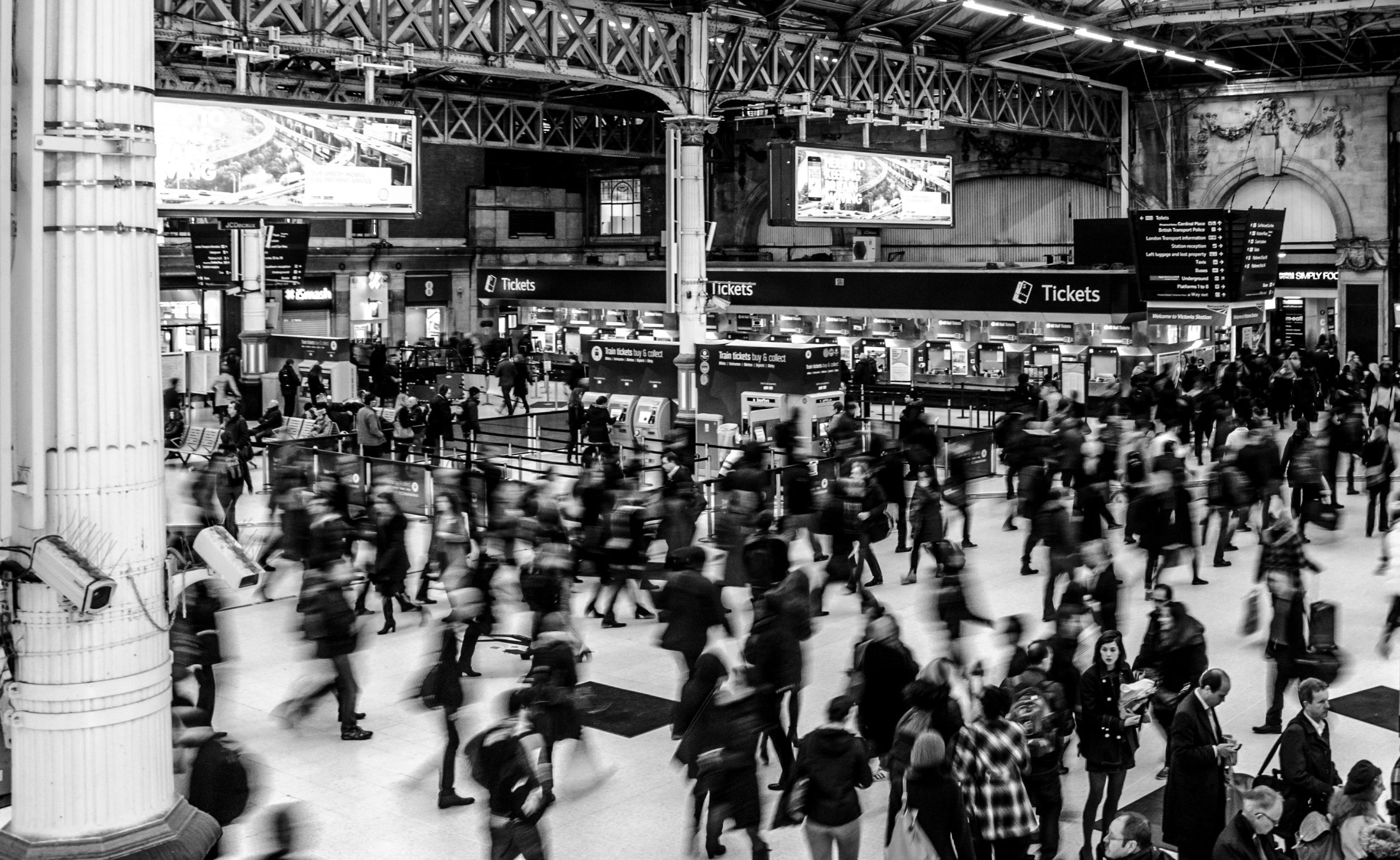
There are currently 7.7 billion people in the world. As staggering as that figure may seem, that number is increasing by hundreds by the second, and hundreds of thousands by the day. By the time this article is published there will be at least a million more humans sharing this earth with us and a million more mouths to feed. When there is already widespread poverty across the globe and many people are struggling to make ends meet in the UK - is overpopulation a real threat and how can we solve it?
The rate of the population is growing at an alarming rate and by 2020 there will be over 9.8 billion of us on this planet. Andrew Nash, Statistician for the Office of National Statistics said that the UK is projected to pass 70 million by 2029 and that in this period 54% of growth will be directly from net international migration and 46% due to a higher birth-to-death ratio.
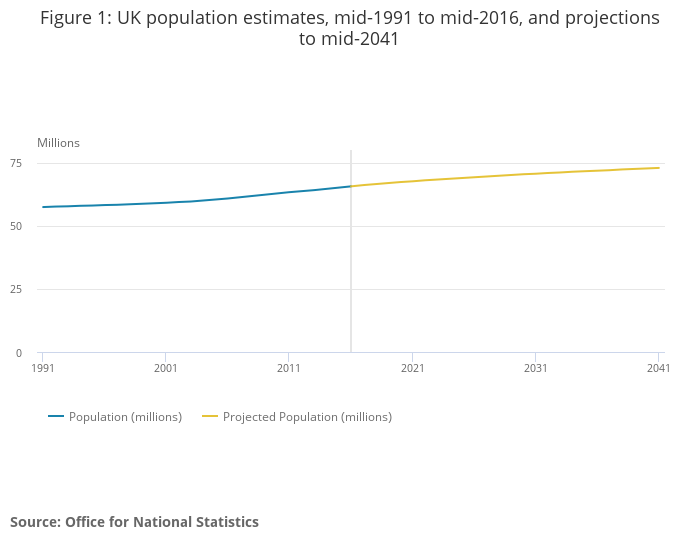
ONS
ONS
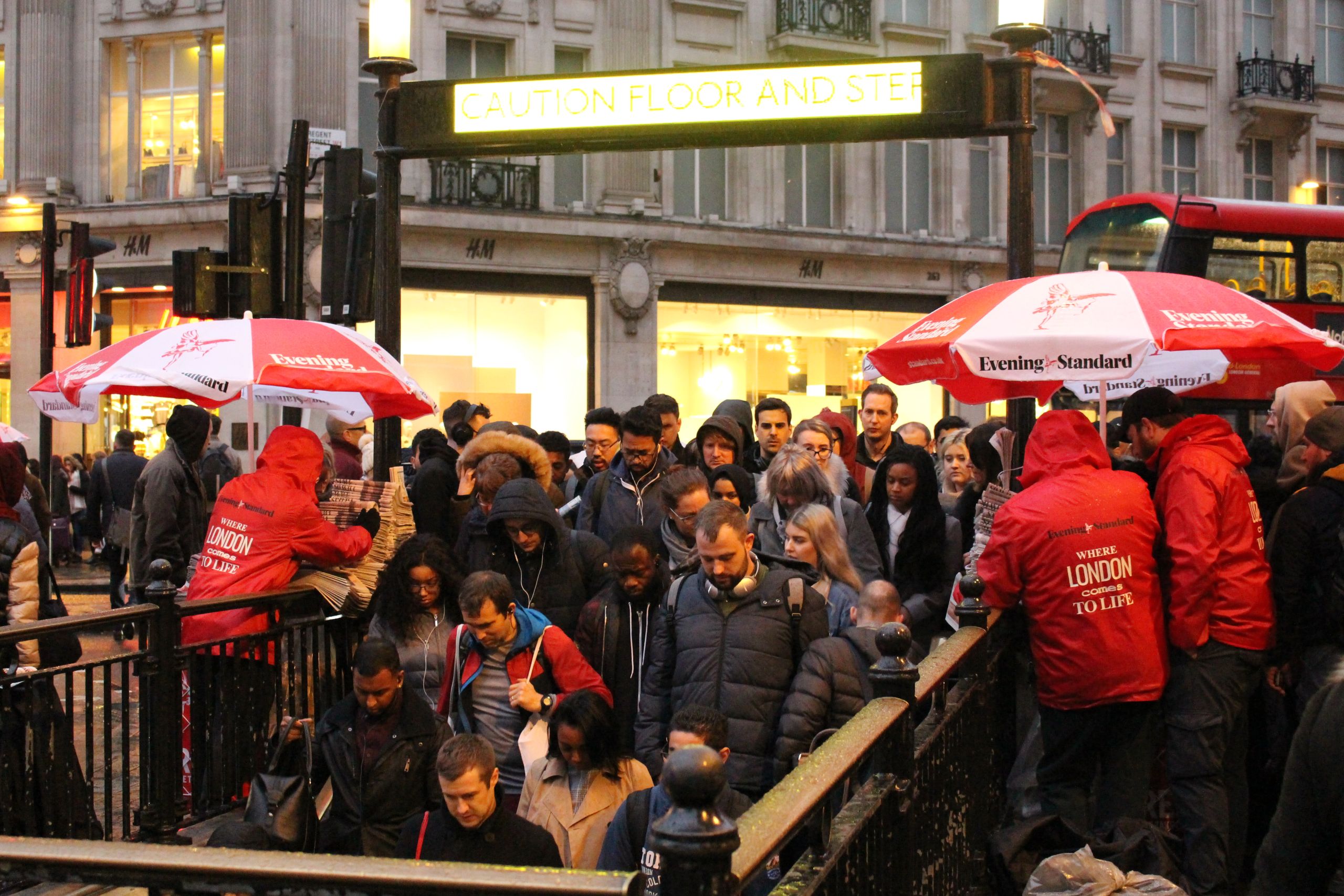
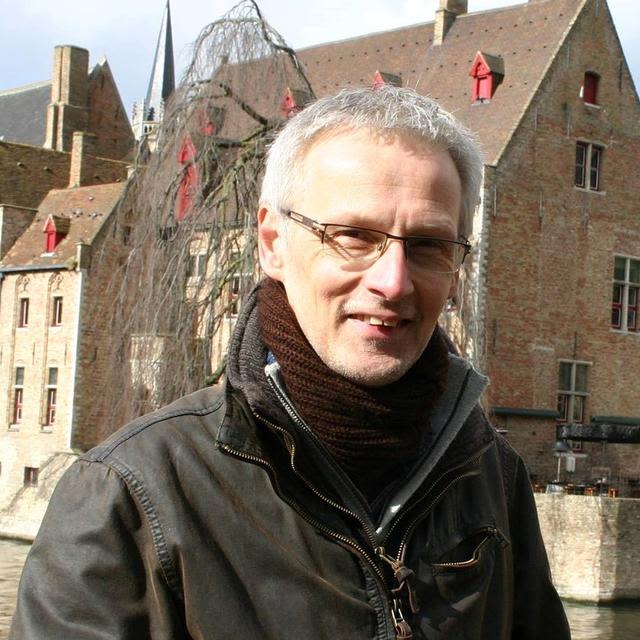
Credit: Alistair Currie
Credit: Alistair Currie
“The natural world can’t compete with the demands we put on it. Biodiversity is plunging, there are catastrophic temperature changes and rises. We need to change our behaviours in lots of ways (reliance on fossil fuels, animal agriculture) but fundamentally if we add more people then we are making the challenge much more difficult”
Population matters, who count Sir David Attenborough as a patron, are a charity that aims to create a sustainable population through ‘positive, practical and positive’ solutions. One of these aims is to create smaller families and to empower the 200 million women around the developing world who don’t have access to contraception. By giving them reproductive freedom, women can make the choice whether to have children or not. This is a choice, Alistair believes, that those in the UK need to consider thoroughly before having multiple children - there are many consequences of having large families in this climate emergency.
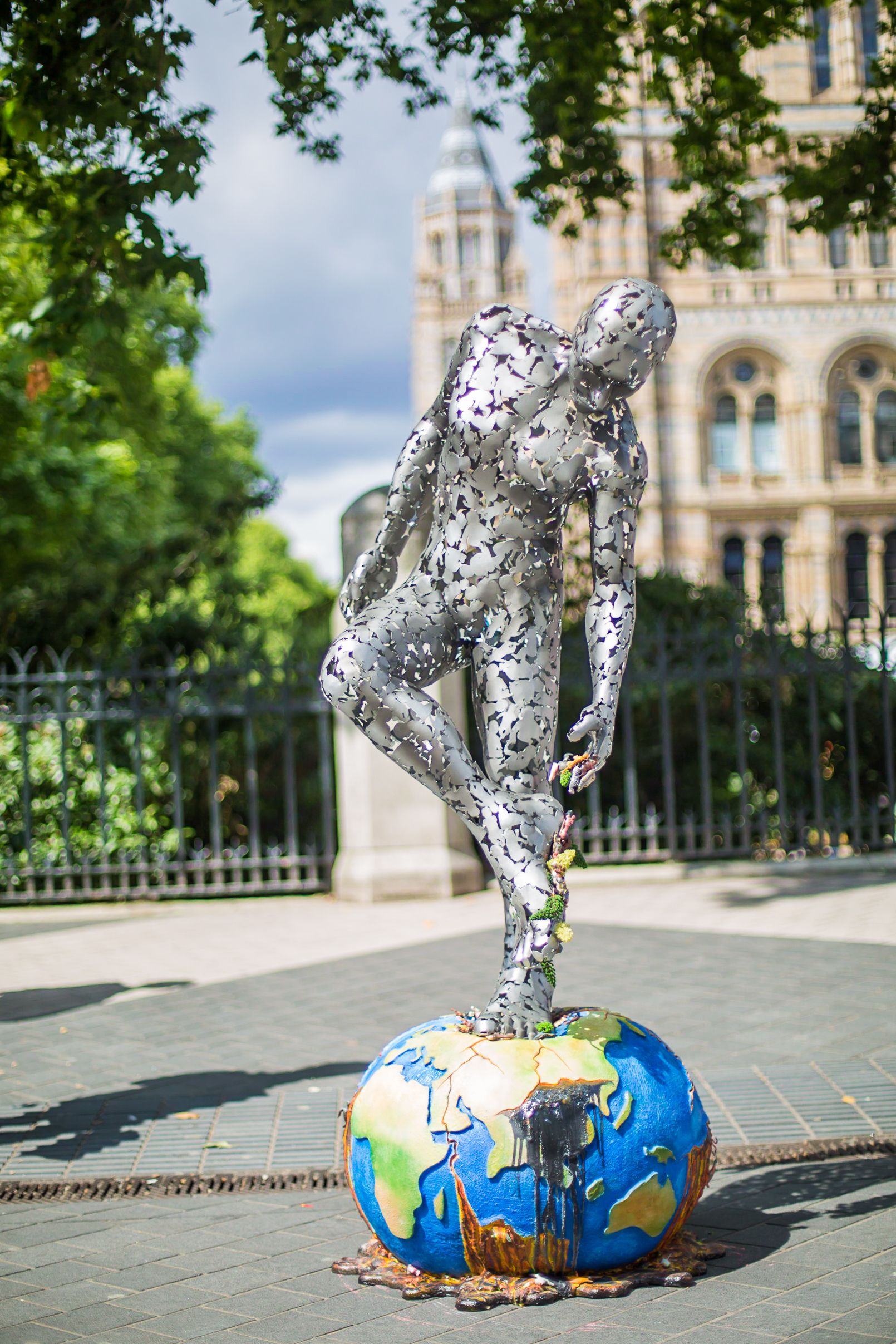
'Big foot' at the Natural History Museum. The statue is the symbol of the Anthropocene Campaign, a campaign that wants our short time on this Earth so far (200,000 years) to be known as 'the age of humans' and illustrate the damage we have done. Credit: Population Matters
'Big foot' at the Natural History Museum. The statue is the symbol of the Anthropocene Campaign, a campaign that wants our short time on this Earth so far (200,000 years) to be known as 'the age of humans' and illustrate the damage we have done. Credit: Population Matters
“The UK is one of the most nature depleted countries in the world and we import most goods from other countries so while our fertility rate is low by global standards, our emissions are high by global standards. More people mean more housing, more infrastructure, more food, and even more emissions; plus further pressure on everything from transport to hospital beds”
While Alistair recognises that net migration plays a large part in population projections, he doesn’t believe in a ban on immigration or to be a “country with walls” however that the government should form some sort of policy on population. Last year the public voted 75% for a population strategy and 63% for population targets but so far, the government has failed to act on these results. Alistair said people need to consider how many children they have and make an informed choice to have smaller families. He added that: “The fewer the children, the better each child’s quality of life will be.”
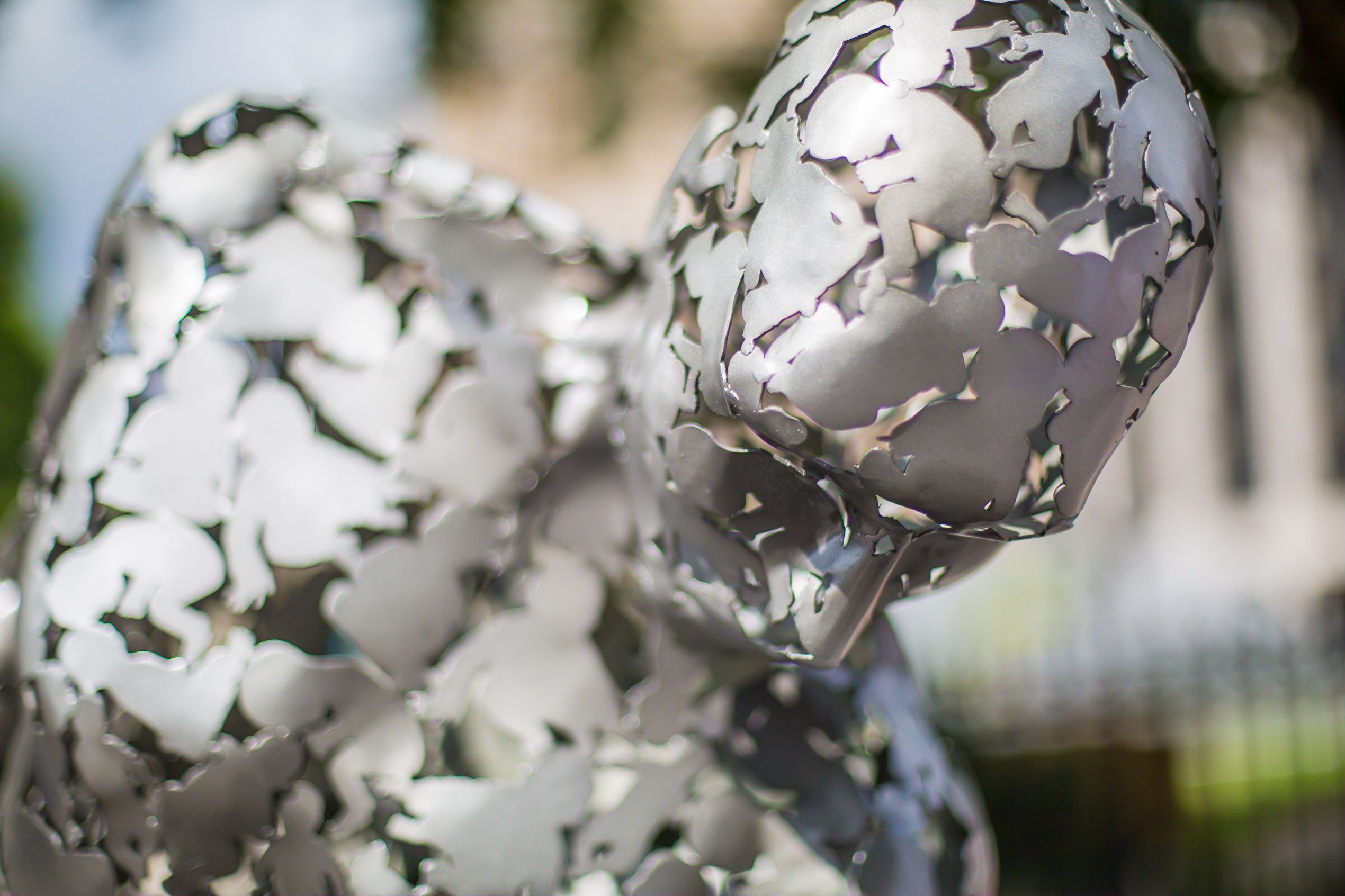
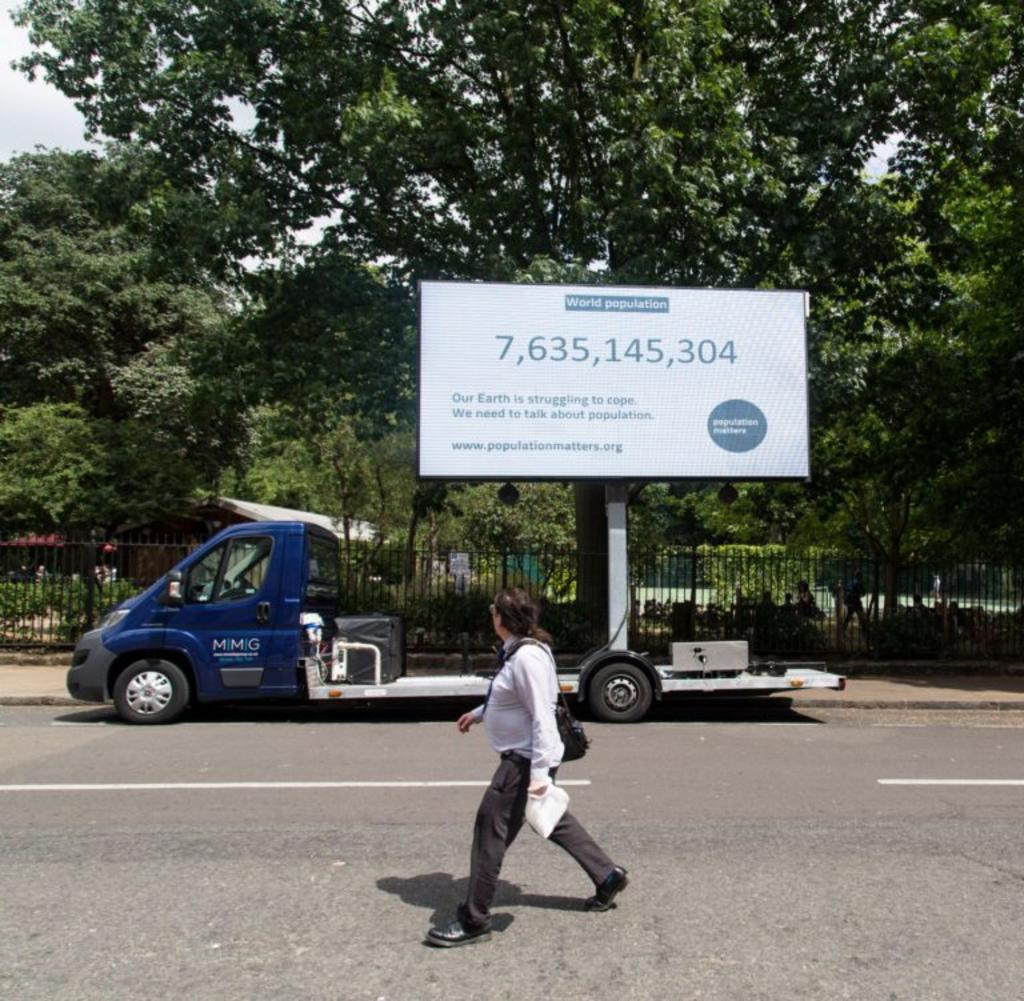
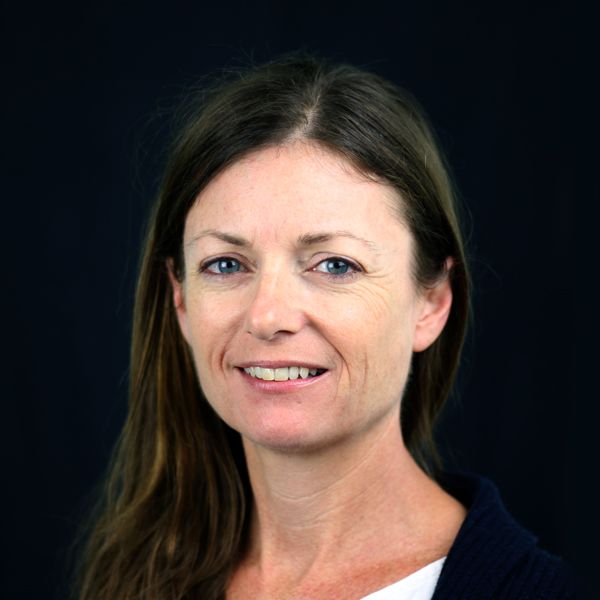
Dr Liz Greengrass Credit: Born Free Foundation
Dr Liz Greengrass Credit: Born Free Foundation
Dr Liz Greengrass is Head of Conservation at Born Free Foundation . Liz lived and worked in Africa for over 20 years. Through her work with endangered species, she has witnessed firsthand the human impact on the environment. She believes that there are two major issues when it comes to population:
- Expanding numbers of people being born but not levelling out (lower death rate)
- Western Consumerism and the unsustainable use of natural resources.
“in the west, characteristically we over-consume resources, whereas if you go to Africa where everyone always says ‘oh there’s a huge population and they’re overpopulated’ - there are larger families yes, but because they live in rural areas, they don’t consume half as much.”
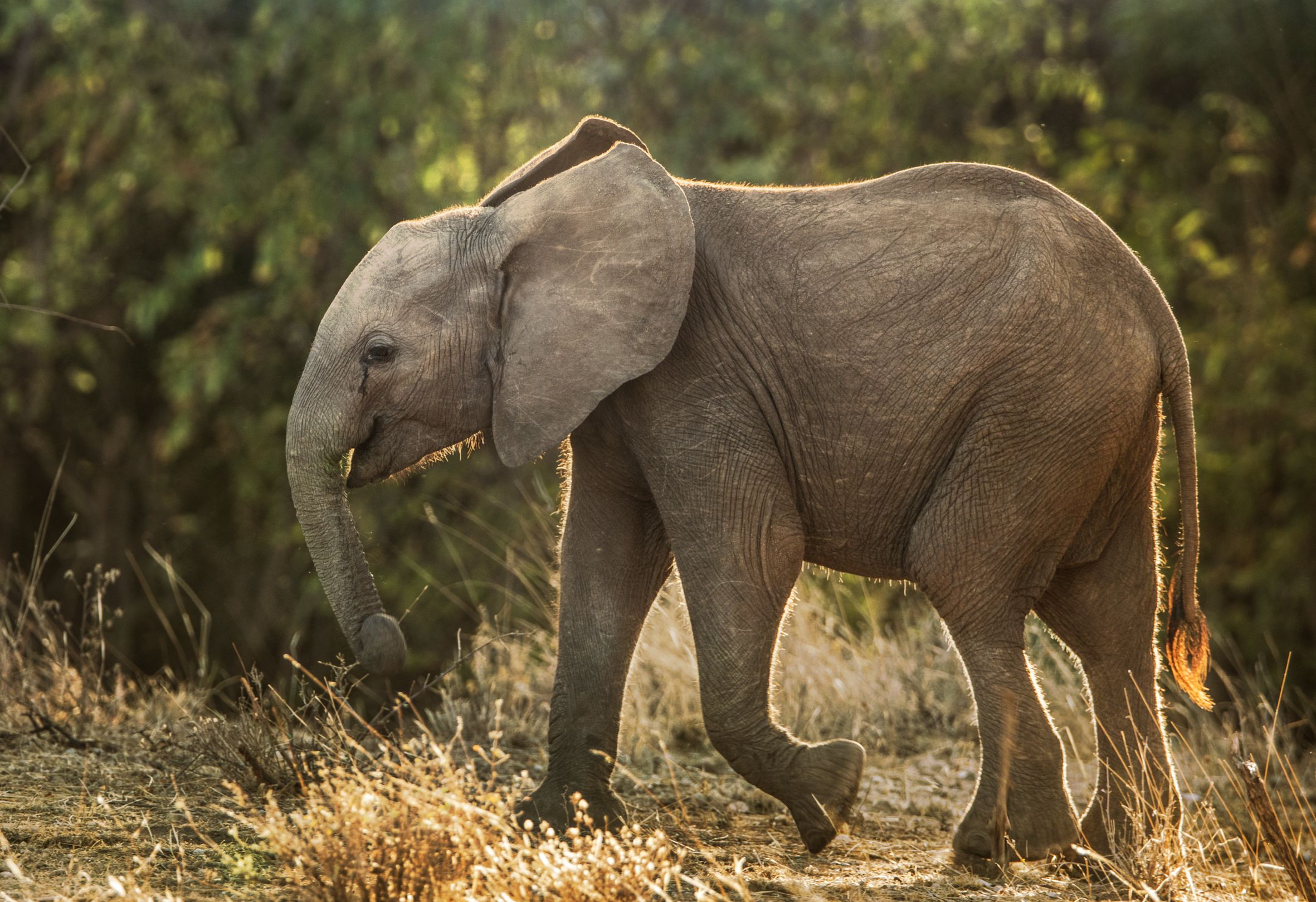
Elephants are now endangered because of deforestation (forcing them into towns) and through ivory poaching. Credit: George Loga
Elephants are now endangered because of deforestation (forcing them into towns) and through ivory poaching. Credit: George Loga
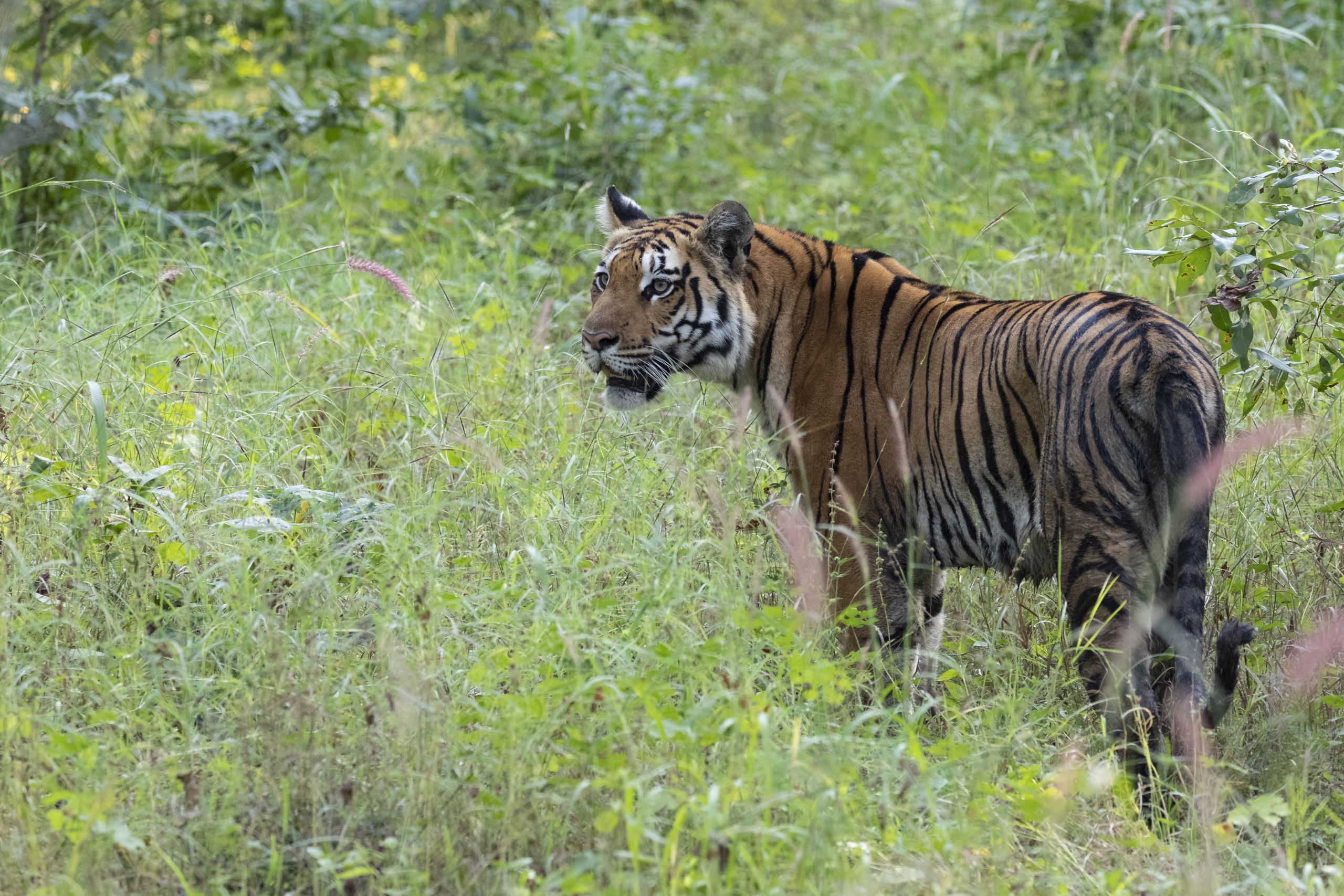
Credit: tigersintheforest.co.uk
Credit: tigersintheforest.co.uk
"The ever-growing need for land for houses and businesses destroys the environment. Economic development and making money always takes precedence over the environment. Much corruption."
Dr Jane Goodall DBE Founder – the Jane Goodall Institute& UN Messenger of Peace
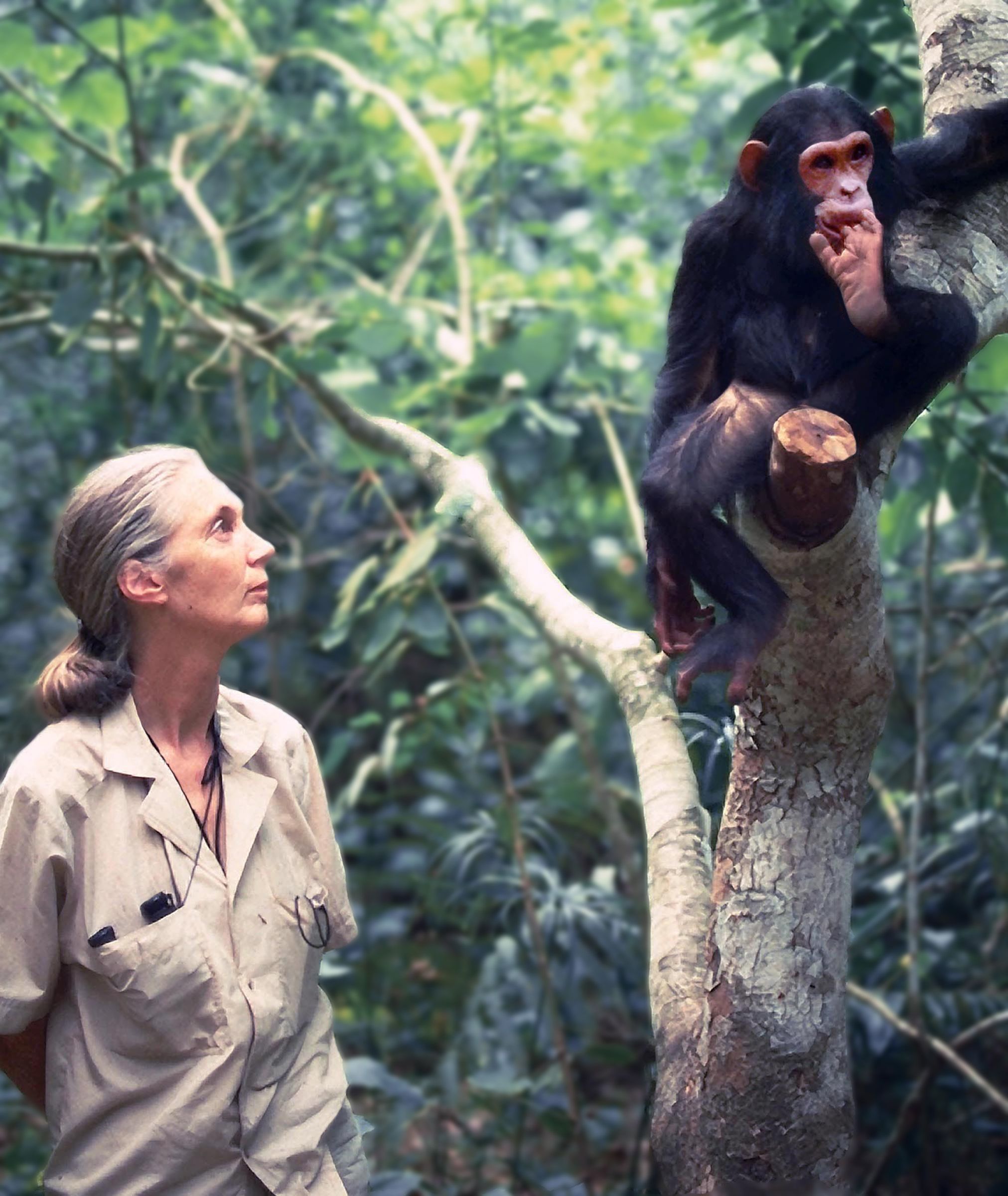
Dr Jane Goodall DBE has devoted her life to conservation. She is a leading ethologist and conservationist having worked alongside chimpanzees for nearly 60 years. She has redefined species conservation.
Jane has highlighted the urgent need to protect chimps from extinction and now travels the world to talk about the climate crises we face and how we can all do better for our planet. In her line of work Jane has witnessed the damage that overpopulation is doing to the planet - deforestation is destroying the habitats of thousands of animals.
We are now living in the sixth mass extinction, the last one was the dinosaurs and judging by the fact we only have the bones of Dippy touring the country, that one didn’t end well. We are losing species at 1,000-10,000 the natural rate and the UN just declared that 1 million species are now endangered due to human impact, by 2050 as much as 50% of the planets native wildlife will be wiped out.
So what can we do?
Dr Greengrass said that whilst we may all do our individual bit to help in small ways, that it is virtually impossible to live with zero impact on the planet. We should instead support advocacy groups and non-profit organisations (NGO’s) such as Greenpeace or Mighty Earth, who reveal and challenge the practices used around the world. We also need to educate ourselves enough to be able to put pressure on the government - to provoke changes at the top.
“We all try to contribute where we can but everything we consume has an impact, from fruit and veg, oils (palm oil) and even natural commodities we get from the mining sector that are a service to humankind that we require to live in the modern world. It is extremely difficult not to make an impact. People might choose to donate to wildlife conservation organisations, or people might feel so strongly that they go into a career in conservation but genuinely I think the whole world has to change its priorities at the end of the day. Capitalism is a really bad system.” she said.
Dr Goodall believes that the only way to change is if we all band together and put on a united front. We can help to make the world a better place as collective conscious consumers:
“All get together, make the right choices each day – what we eat, wear etc, make ethical choices, leave as light environmental footprints as we can, write letters to legislators, join peaceful protests, refuse to buy products that have harmed the environment and been cruel to animals and/or people.”
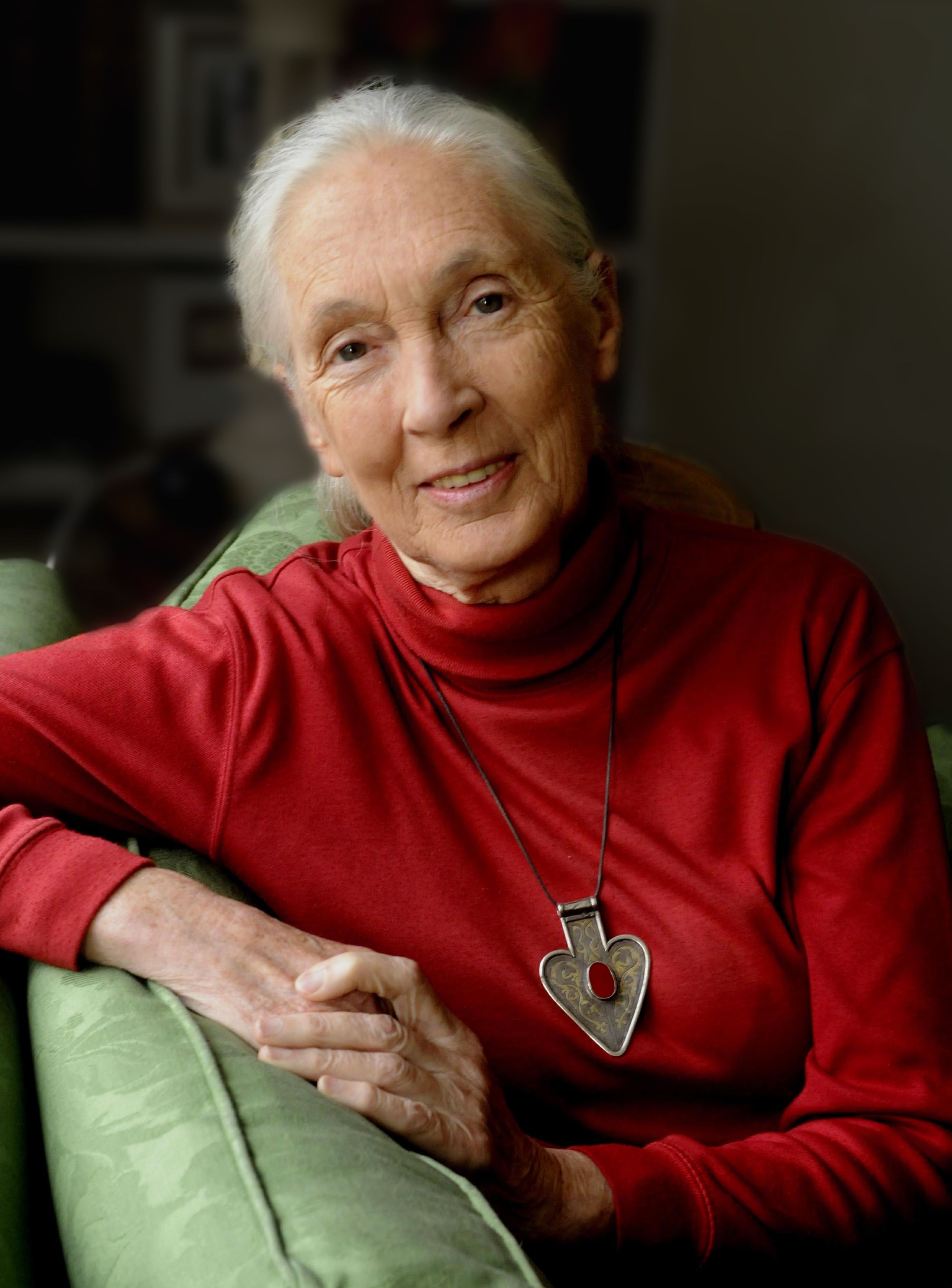
Credit: Stuart Clarke
Credit: Stuart Clarke

Credit: Jane Goodall Institute
Credit: Jane Goodall Institute
